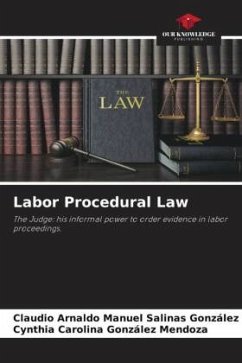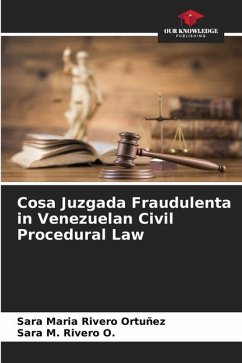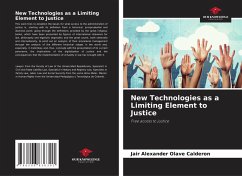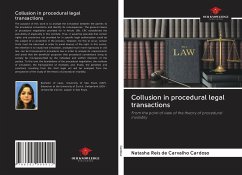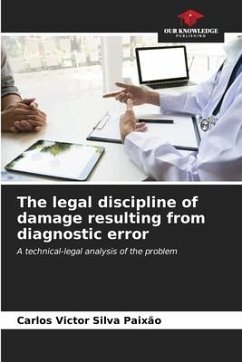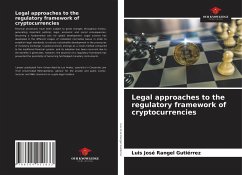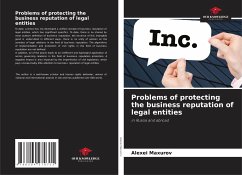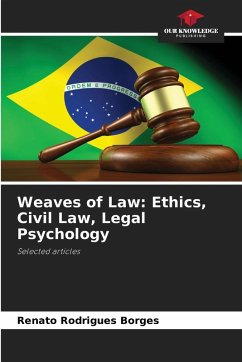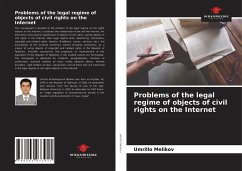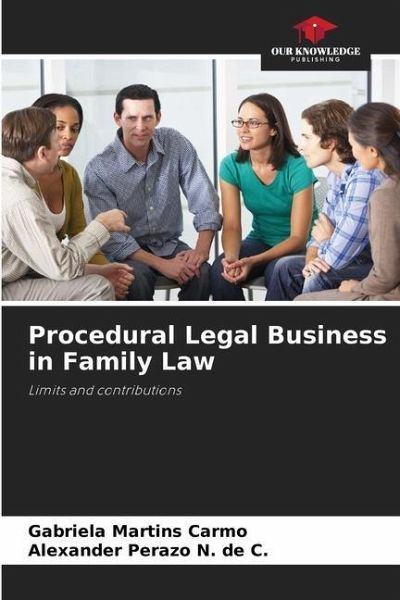
Procedural Legal Business in Family Law
Limits and contributions
Versandkostenfrei!
Versandfertig in 6-10 Tagen
27,99 €
inkl. MwSt.

PAYBACK Punkte
14 °P sammeln!
The 2015 Brazilian Code of Civil Procedure brought with it several innovations, including procedural legal deals. This institute aims to enable the parties to have more procedural freedom and autonomy, making the process more consistent with their individualities. The aim of this book is to explain a little more about this institute and analyse whether or not (and if so, to what extent) it can be used in family lawsuits. To this end, this work has been divided into three topics, in addition to the initial and final considerations, in which the first aims to study this new institute itself, the...
The 2015 Brazilian Code of Civil Procedure brought with it several innovations, including procedural legal deals. This institute aims to enable the parties to have more procedural freedom and autonomy, making the process more consistent with their individualities. The aim of this book is to explain a little more about this institute and analyse whether or not (and if so, to what extent) it can be used in family lawsuits. To this end, this work has been divided into three topics, in addition to the initial and final considerations, in which the first aims to study this new institute itself, the second to analyse private autonomy in family law and the third to assess whether procedural legal transactions are appropriate in family actions. It is worth emphasising that the research methodology is eminently bibliographical. From the research, it was concluded that yes, procedural legal deals can be used in family actions on the basis of private autonomy.



